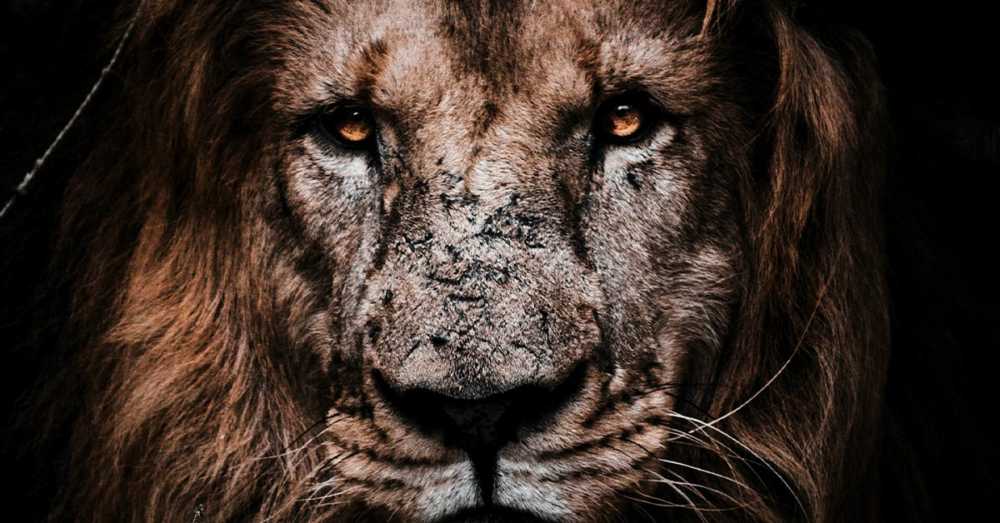We run our website the way we wished the whole internet worked: we provide high quality original content with no ads. We are funded solely by your direct support. Please consider supporting this project.

God’s War on War
Though the OT portrays God as not only tolerating violence but also in many cases various narratives quote God as getting his hands dirty and actually promoting and commanding acts of violence, this is not the true character of the God of the OT. Throughout the OT we find passages that reveal God’s war on war. We may begin by recalling the famous passage in Micah in which the Lord expresses his dream that someday people,
…will beat their swords into plowshares and their spears into pruning hooks. Nation will not take up sword against nation, nor will they train for war anymore (Mic. 4:3).
Though God had for a long while been condescending to the violence of this fallen world, in this passage we see the true character of the heavenly missionary breaking through. God’s dream is to eventually grow all people to the point that weapons designed to kill people will be transformed into tools designed to feed them. His dream is that not only will there be no more war, there will be no need to anticipate its possibility.
Along similar lines, despite how gruesome depictions of God and of his people are in certain Psalms, in others we see the Spirit of Christ breaking through with remarkable clarity and beauty. For example, we find the Psalmist at one point turning the warrior image on its head as he declares that God,
…makes wars cease
to the ends of the earth.
He breaks the bow and shatters the spear;
he burns the shields with fire.
“Be still, and know that I am God;
I will be exalted among the nations,
I will be exalted in the earth” (Ps. 46: 9-10).
Here we find that the divine warrior has declared war on war (cf. Hos 2:18; Mic. 5:10). He is already at work to “[s]catter the nations who delight in war” (Ps. 68:30). Though he is presently willing to in some sense participate in it, God does so, this passage suggests, for the purpose of ultimately bringing an end to it all over the earth. And insofar as he succeeds in doing so, he is revealed to be a God who is exalted above all the conflicts of the nations of the world.
In Isaiah this vision of peace is broadened to include nature as well. When God’s future ruler finishes judging the earth (Isa 11:1-4), the Lord says,
The wolf will live with the lamb,
the leopard will lie down with the goat,
the calf and the lion and the yearling together;
and a little child will lead them.
The cow will feed with the bear,
their young will lie down together,
and the lion will eat straw like the ox.
Infants will play near the hole of the cobra;
young children will put their hands into the viper’s nest.
They will neither harm nor destroy
on all my holy mountain,
for the earth will be filled with the knowledge of the LORD
as the waters cover the sea (Isa. 11:6-9).
However literal or figurative we take this passage, it is clear that it envisions a future in which the violence that now exists between humans and animals as well as that which exists between different kinds of animals—e.g. the “wolf” and “lamb”—will be no more. It’s a vision of the restoration of God’s original creation in which animals and humans alike feed on vegetation, not one another (Gen. 1:29). When the one who is appropriately called “the Prince of Peace” (Isa 9:6) assumes his rule over the earth, the curse that causes the entire creation to presently groan will be eradicated and the entire creation will be reconciled to God and will therefore participate in his perfect peace.
While all canonical writings are divinely inspired, I submit that, in the light of what we know about Christ, we must regard peace-loving divine portraits such as these to be more reflective of God’s true character and will than the depictions of God resorting to, and even delighting in, violence. While these later depictions indirectly reveal God’s character by bearing witness to his incarnational and sin-bearing nature, the depictions of God loving enemies and hating violence do so directly, for these cohere with the character of God as revealed in Christ.
Category: General
Topics: Enemy-Loving Non-Violence
